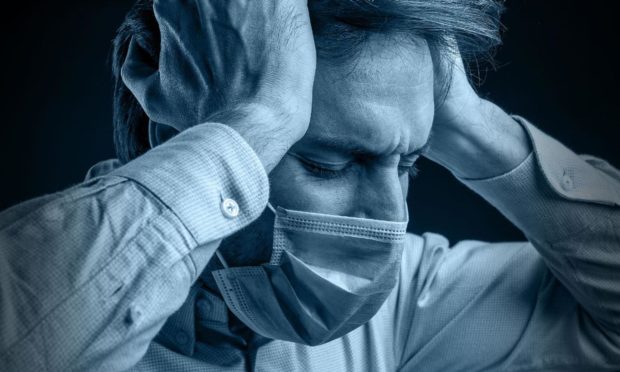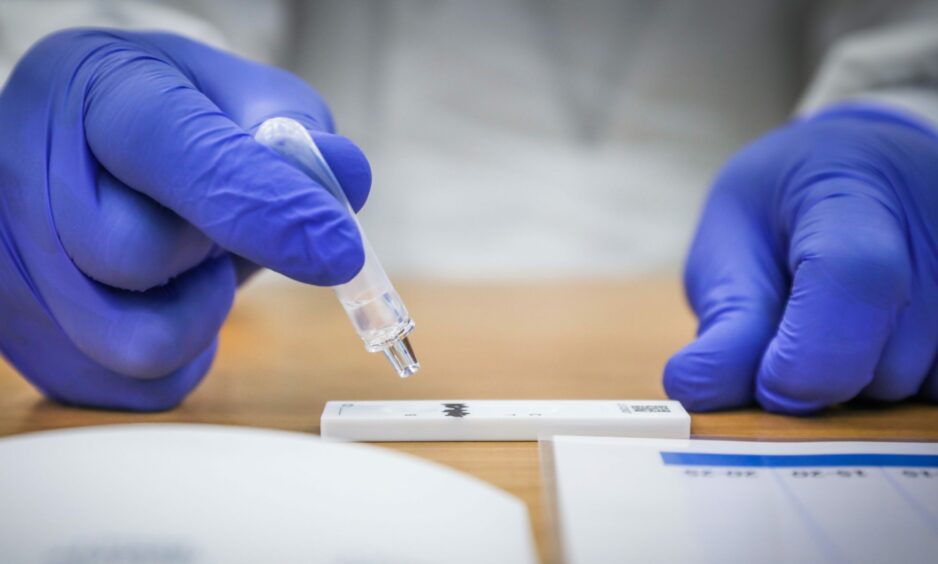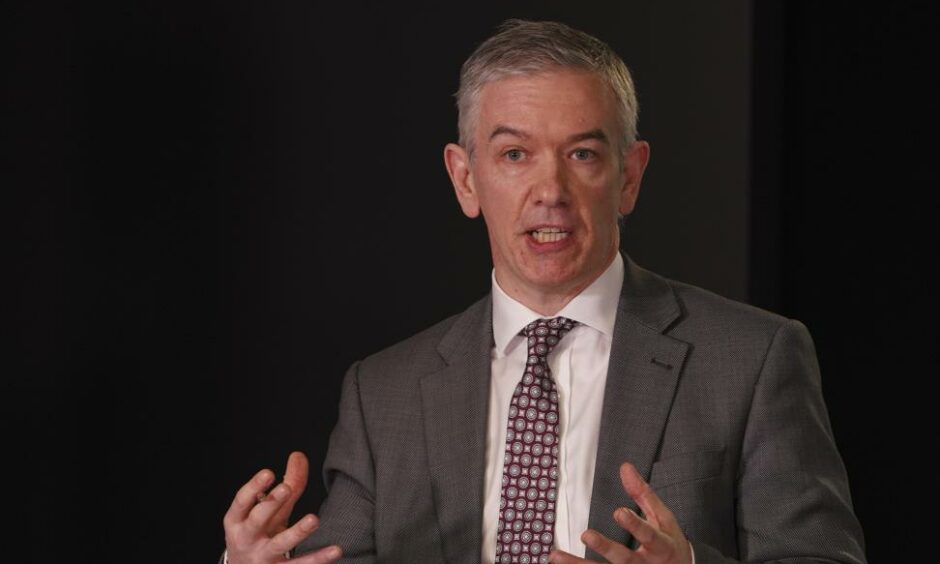Covid-19 cases appear to be on the rise again with experts closely analysing the impact of the new Eris variant across the UK.
As winter approaches, health professionals and governments are monitoring the impact a Covid upswing could have at an already strained time for the NHS.
Scotland last month detected its first case of a new Covid variant that is being closely monitored by the World Health Organisation.
The BA.2.86 variant is not yet considered a variant of concern but it has a high number of mutations.
What does testing show?
There is much less monitoring of Covid-19 in Scotland compared to during the height of the pandemic.
The Scottish Government paused all routine testing in health, social care and prison settings on August 30.
Meanwhile, in terms of data, the Office for National Statistics has stopped its Covid-19 infection survey.
Public Health Scotland changed the way it publishes Covid statistics and presents them alongside information on seasonal respiratory infection.
The most recent publication from August 14 to August 27 showed hospital admissions have been increasing since the start of July.
There were on average 328 patients in hospital with Covid-19, which is still small compared to the height of the pandemic.
Meanwhile, the latest data shows levels of the virus in wastewater has “increased sharply” in recent weeks.
What do government say?
Deputy First Minister Shona Robison says the Scottish Government is keeping a rise in Covid cases under “close observation”.
Chief Medical Officer Gregor Smith recently briefed cabinet about the latest Covid developments with ministers vowing to keep a “close eye” on the situation.
Ms Robison said: “We do believe the vaccine we have is still effective and therefore we would encourage people who are eligible and being called for their vaccine that they should take it up.
“We will be keeping this under close observation and looking to make sure if there are any changes to that – which we don’t envisage at the moment – we are ready to act.”
What about experts?
Professor Devi Sridhar, chairwoman of global public health at the University of Edinburgh, told Sky News early studies are showing the new variant is “not more severe” in terms of its health impact or in terms of hospitalisations.
Speaking on September 10, she added: “What we know is it’s highly infectious and so we are seeing this spread rapidly in those kind of environments where you have many people in an environment where they can infect each other.”
Virus expert Professor Rowland Kao, also from the University of Edinburgh, told the BBC Sunday Show, there is no evidence to suggest the new variant is more harmful.
In terms of how widespread the virus currently is, he said it is “really hard to say” due to a lack of data, but pointed to hospitalisation data as one indicator.
He said: “We know it’s spreading in Scotland. We know it has spread all around the world.”
What is the current advice?
With more people contracting Covid again, some may be uncertain on what to do.
NHS Scotland advises that most people no longer need to take a coronavirus test. Free lateral flow tests were scrapped in April 2022.
To prevent the spread of infection, those who feel unwell are advised to try and stay at home and avoid contact with other people.
NHS guidance still advises that those who receive a positive test result should avoid contact with other people for five days after the day the test was taken or from the day that symptoms started.
Ms Robison said a “common sense approach” should be taken, including not going into the workplace if unwell.
Furthermore, those who are eligible for a booster jab this autumn are advised to make sure they are vaccinated.
This include all adults aged 65 and over and those in a clinical risk group.




